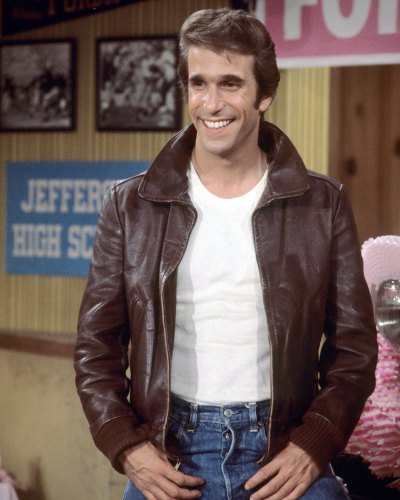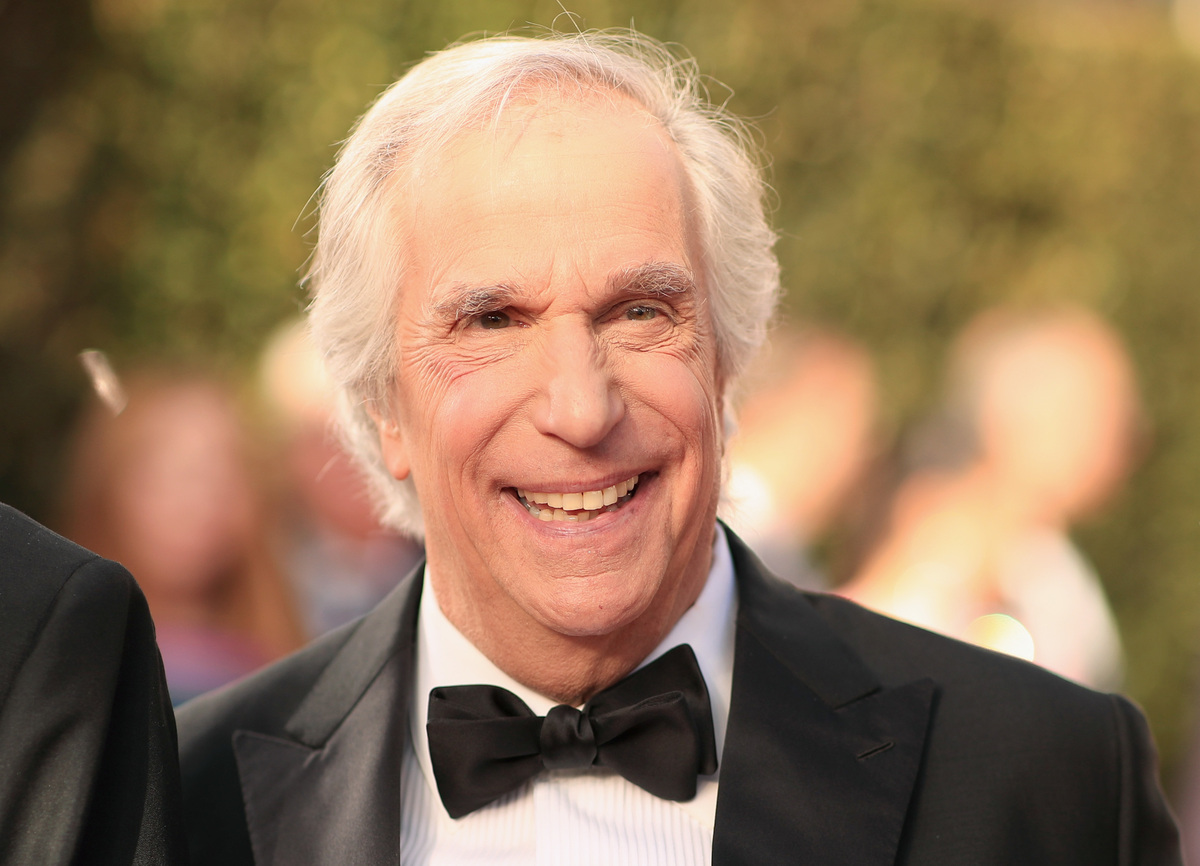The Struggles of a Future Star
Let me tell you, Henry Winkler's path to becoming the iconic "Fonzie" wasn't exactly a walk in the park. While the world got to know him as the cool, collected Arthur "Fonzie" Fonzarelli on Happy Days, behind the scenes, Henry was dealing with some serious self-doubt. In a candid interview with People, the legendary actor opened up about feeling like a nobody for most of his life. "I'm getting 55,000 fan letters a week, but I think I'm stupid," he revealed. It was like living in two completely different worlds, and they were constantly colliding in his mind.
Facing the Challenges of Dyslexia
Now, here's the thing: Henry was battling severe dyslexia during those formative years, though it wouldn't be diagnosed until he was in his 30s. The star of HBO's Barry shared how this learning challenge made life incredibly tough. At 73 years old, Henry talked about the emotional toll it took on him. "When you're growing up and you don't know it's just how your brain is wired, you feel terrible about yourself," he explained, with a touch of humor as he mentioned his parents calling him a "dumb dog" for his perceived failures. It was a constant battle to keep up with everyone else, and it took a toll on his sense of self-worth.

The Voice in His Head
Throughout all the ups and downs, there was one recurring thought that kept popping into Henry's mind. "I was failing at everything," he admitted. "I thought, 'Will I ever be somebody?'" Even when fame came calling and crowned him as one of Hollywood's hottest stars, his confidence still lagged. "No matter what people told me, I understood pragmatically that being a celebrity was amazing, but I didn't believe it could be me," he confessed.
Read also:What Does Cheugy Mean In Slang A Deep Dive Into The Trendiest Buzzword Of The Generation
Diagnosis and Acceptance
Henry finally received his dyslexia diagnosis at the age of 31, but his reaction wasn't quite what you'd expect. "The first thing that happened was I was angry," he explained to the outlet. "All the yelling, all the grounding, all the humiliation was for nothing." Over time, however, Henry not only came to terms with his condition but embraced it wholeheartedly.



